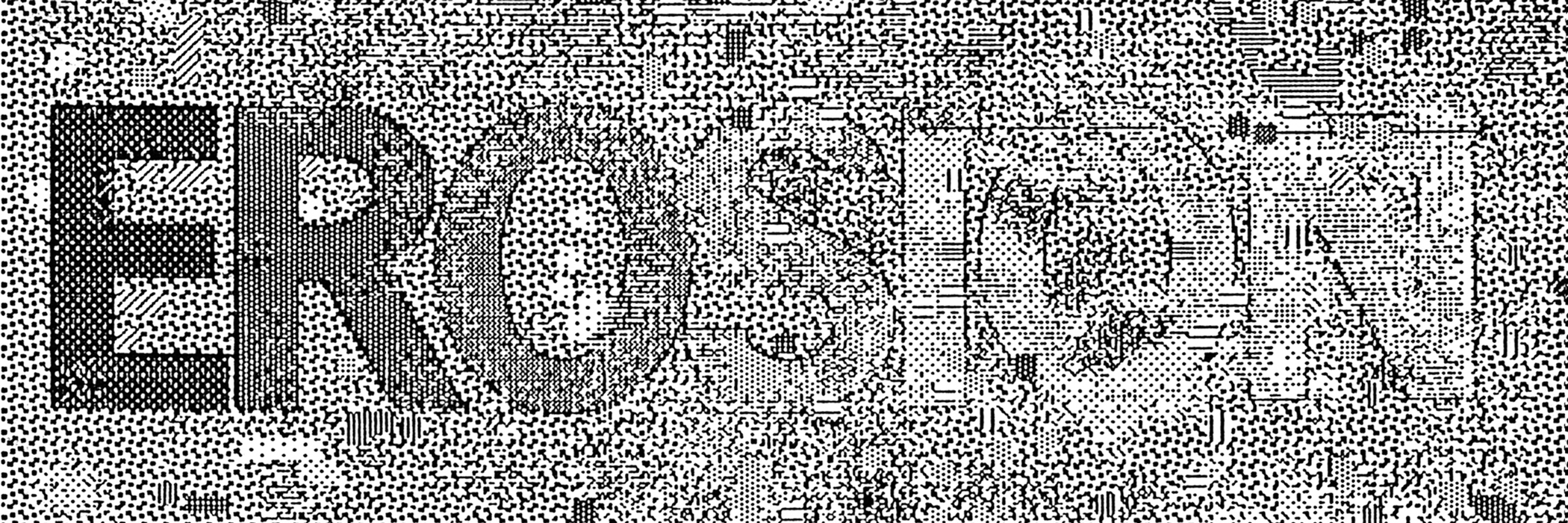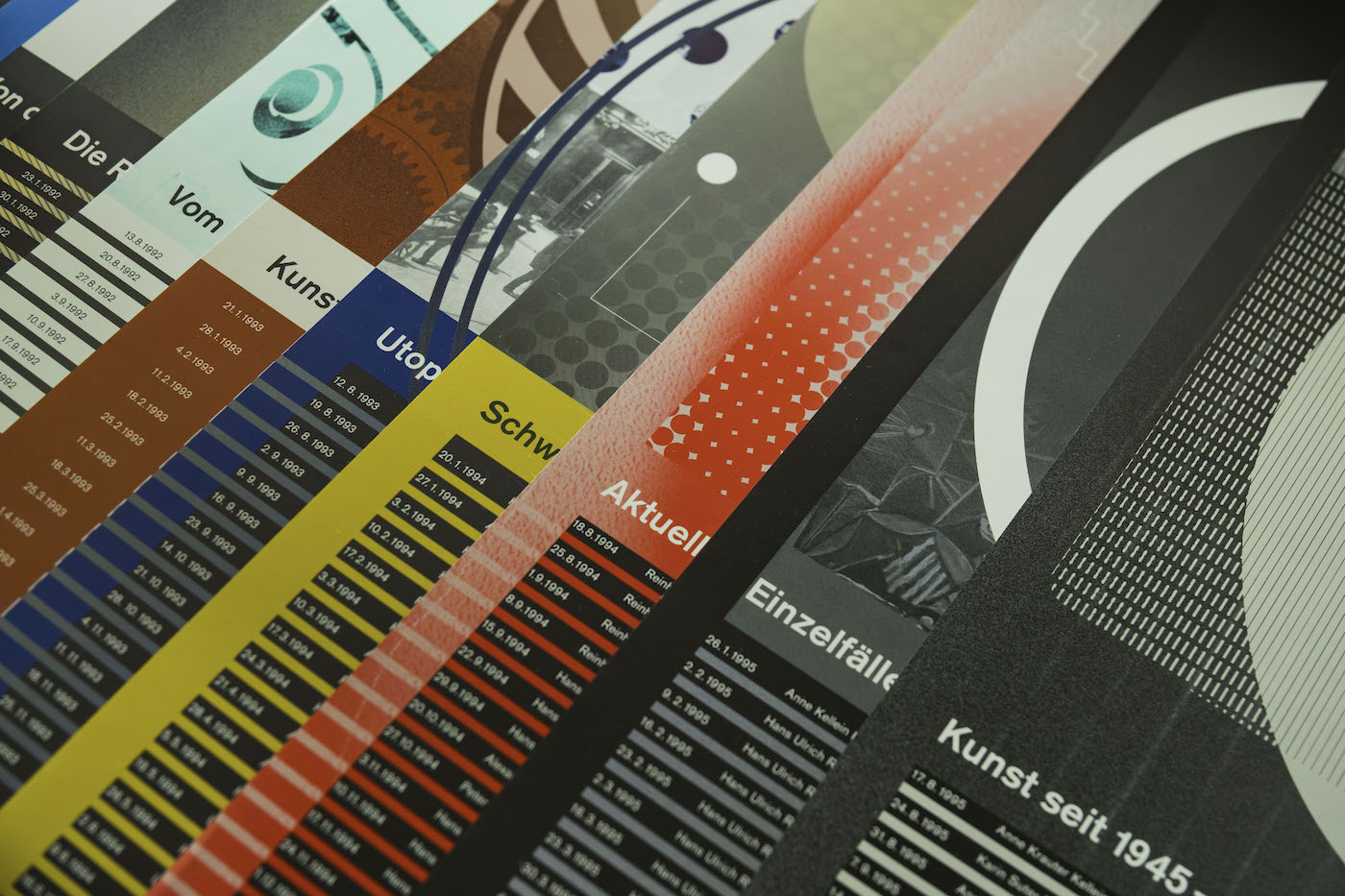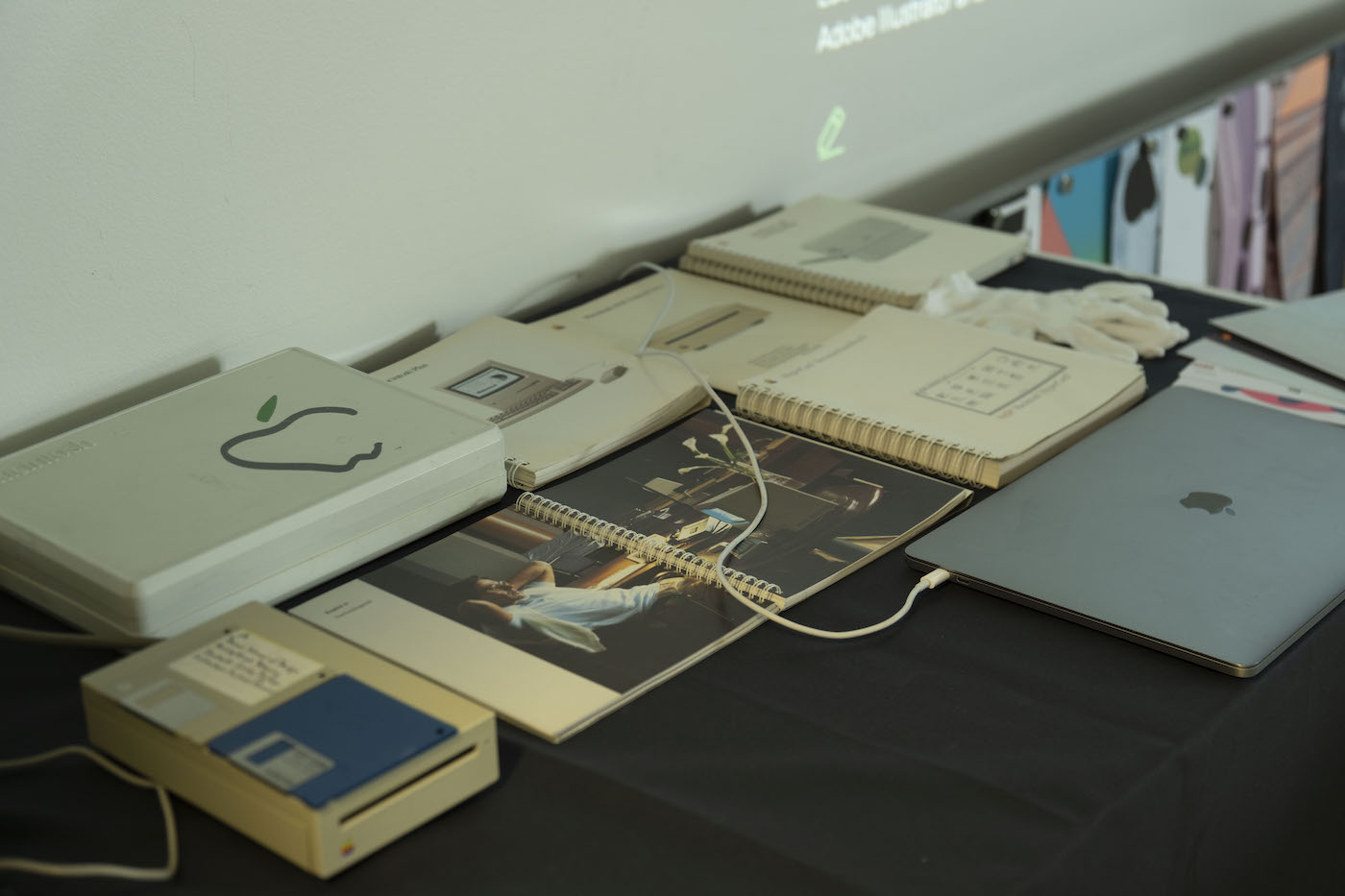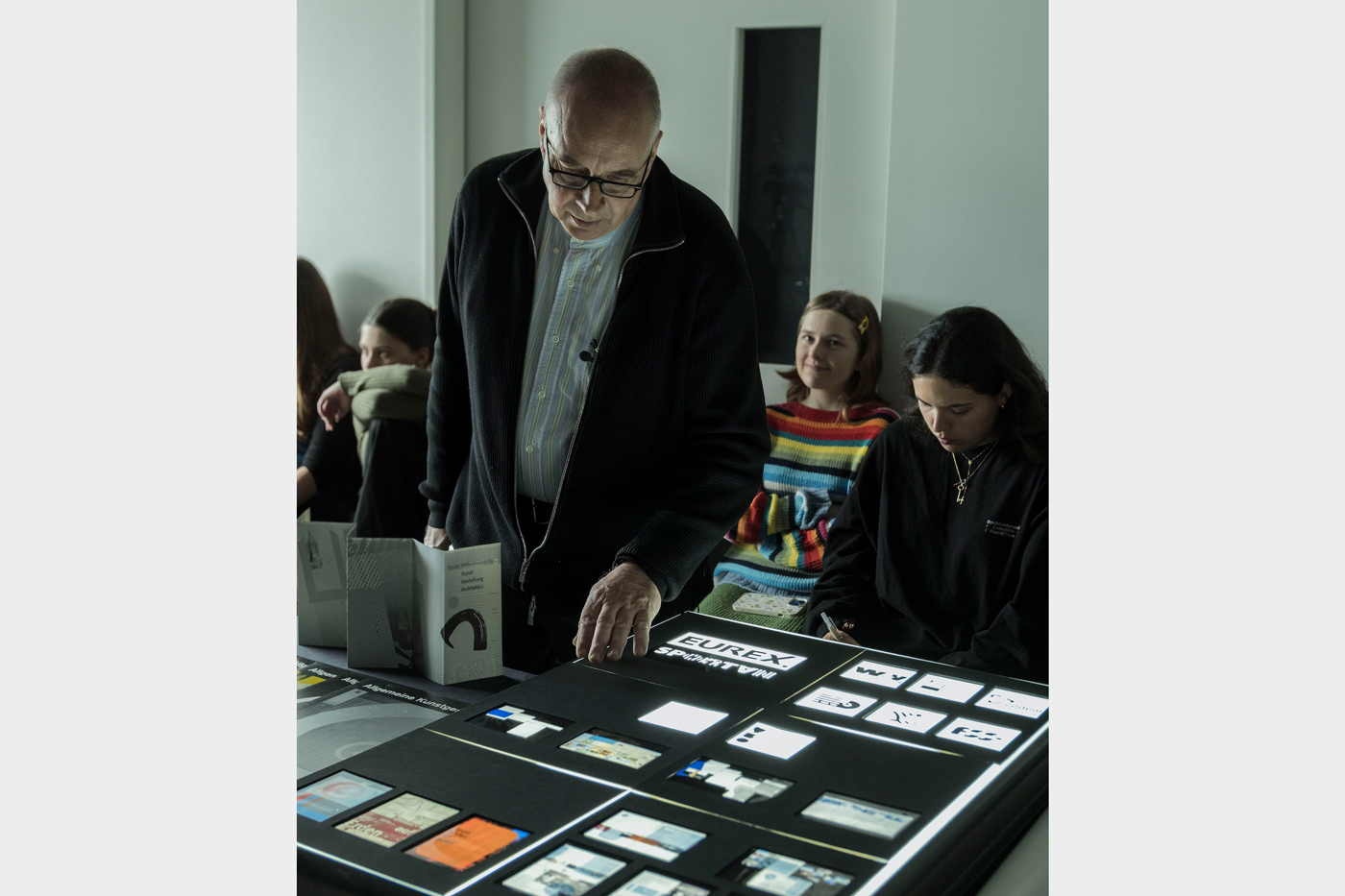WYSIWYG
An Investigation in the Uptake of Graphic Design Software in Switzerland and France, 1980–today.
WYISWYG is a 3-year interdisciplinary research project that aims at documenting, from a historical and theoretical perspective, the digital turn of graphic design practice from the 1980s. How and when did the computer become the main working device for graphic designers? And what are the long-term unexpected effects of these technologies on the practice of graphic design today?
The SNSF-funded project is a collaboration between HEAD Genève (lead: Prof. Clémence Imbert) and the Institute Digital Communication Environments at HGK Basel. At IDCE, Sandra Bischler-Hartmann is responsible for one of four research streams, investigating the digital turn in graphic design education.
The project will produce data, timelines, and critical analysis on the economy and distribution networks of WYSIWYG software. WYSIWYG is an acronym of «What You See Is What You Get», designating a specific category of software whose graphical user interface made it possible to visualize a design on the screen as it would ultimately be printed. WYSIWYG interfaces and software gave designers and editors unprecedented control over layout, typography, and visual elements in print media. Boosting the creativity and possibility to experiment, these tools resulted in a more intuitive, visual-oriented and less-structured practice of design.
The period considered stretches from the mid-1980s with the introduction of the first personal computers equipped with graphic design software (in particular the Macintosh from Apple, Inc., 1984) to contemporary discussions regarding their massive generalization. The survey will concentrate on Switzerland and France, in a comparative perspective, and with a focus on the significant intertwining of both countries’ graphic design cultures in this period of great upheaval.
The project is organized in four research streams:
RS 1: Economy and International Networks of Graphic Design Digital Revolution
RS 2: A Profession in Transition
RS 3: Experimenting with the Digital in Graphic Design Education
RS 4: Beyond WYSIWYG: Publishing for Print and Web
Project data
Management and team
Prof. Clémence Imbert (HEAD Genève)
Sandra Bischler-Hartmann (IDCE HGK Basel FHNW)
Julie Blanc (HEAD Genève)
Caroll Maréchal (HEAD Genève)
Léonore Conte (HEAD Genève)
Funding
SNSF Project Funding
Duration
October 2024 – September 2027
Project Website



